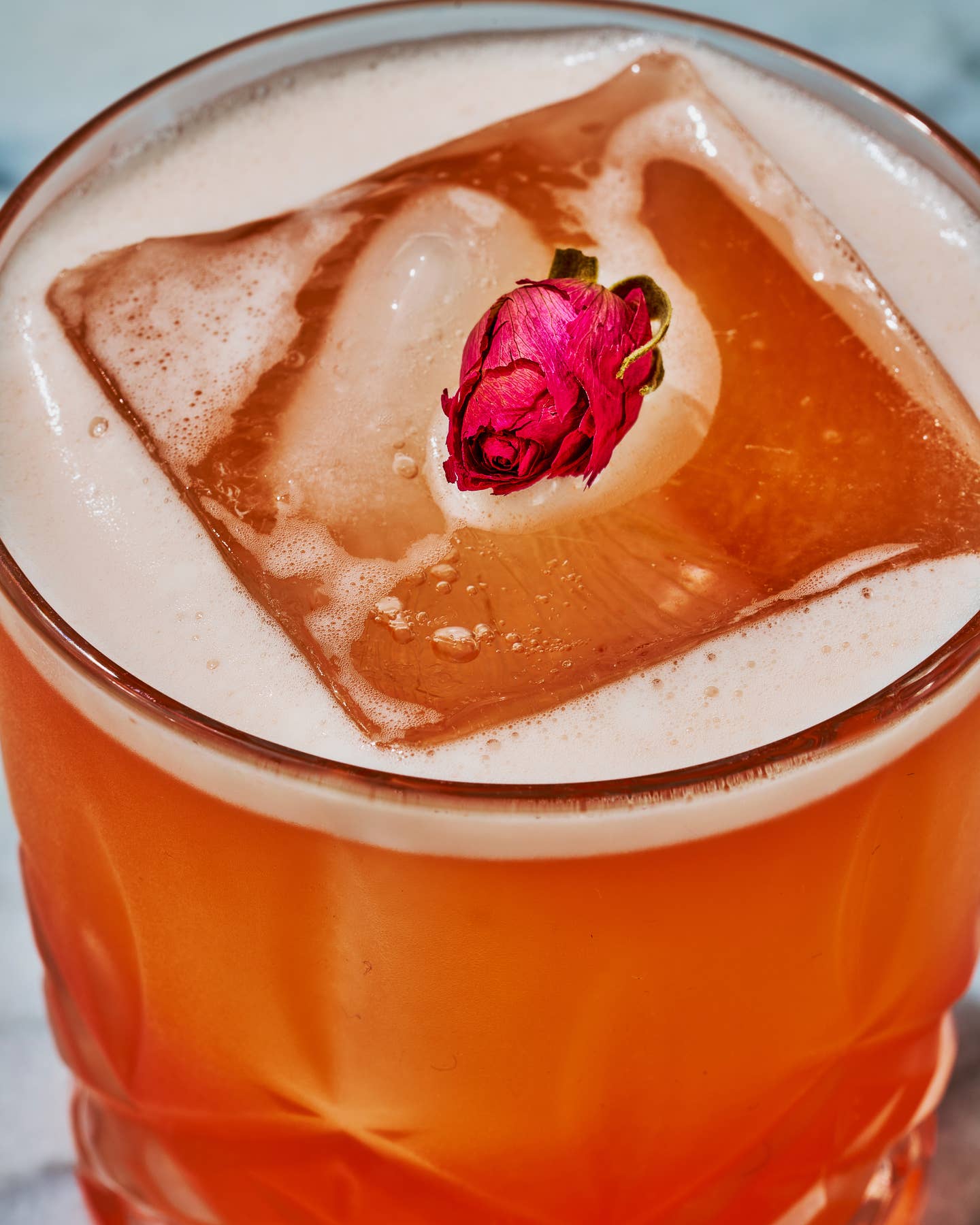
Wine, Beer, and Spirits
Alsace is white wine country, best known for its dry, crisp, generally excellent rieslings and gewurztraminers. But four other principal white varieties—muscat, pinot gris (formerly called tokay d'Alsace), sylvaner, and pinot blanc—are also made, as is a single red wine, pinot noir. Very good sweeter wines, usually riesling or gewurztraminer, labeled Vendange Tardive or Selection de Grains Nobles, are increasingly popular. The wines of Alsace, which were granted appellation controlee status in 1962, are labeled not according to subregion, but by grape variety. (Many also bear individual vineyard designations.) This distinguishes them in the French marketplace—and, incidentally, made them immediately attractive to American consumers, used to the varietal labeling of California wines. The Alsatian wines most readily available in the U.S. are those of Trimbach and Hugel, both producers of good quality—but for a real treat, look for the Domaine Weinbach, Zind-Humbrecht, and Gustave Lorentz labels.
Alsace is also famous for its beer, often preferred to wine as an accompaniment to food in the region. Beer has been produced locally at least since the 1200s, when the earliest brasseries, literally breweries, furnished beer to refresh the workers helping to build Strasbourg's glorious Gothic cathedral. Kronenbourg, the most famous of Alsatian beers, has been in business since 1664—though the brand was bought in 1970 by a French conglomerate. Very few of the major producers are still privately owned.
A small glass of eau-de-vie, literally ''water of life'', traditionally ends a meal in Alsace—and sometimes begins a day, as well. This potent spirit is usually made by distilling the fermented juice of ripe fruit. Williams pears (which yield poire William), blue plums (quetsch), cherries (kirsch), and yellow plums (mirabelle) are among the most popular varieties—though everything from holly berries to rose hips is also used. Framboise, one of the most popular eaux-de-vie, can't be made from fermented juice, as raspberries don't have sufficient sugar. The Massenez firm, one of the best-known distillers in Alsace, developed a method of macerating raspberries in alcohol instead.
Keep Reading
Continue to Next Story










